SUMMARY
This is AI generated summarization, which may have errors. For context, always refer to the full article.

MANILA, Philippines – In today’s late-stage capitalist world, can big businesses truly be a force for good? PHINMA Corporation and the De La Salle University (DLSU) have partnered up to launch a new research center hoping to prove just that.
The two institutions formally launched the PHINMA-DLSU Center for Business and Society (PDCBS) on Friday, March 8, in front of a crowd of business leaders and academics hopeful that making money can come alongside – or even come as a result of – doing good.
“Of course, there is that observation that capitalism has a bad name. Business is greed. Everything that business people are concerned about is making money, and they don’t care about what’s happening to society. I guess we’re trying to address that as well,” PHINMA chairman and chief executive officer Ramon del Rosario Jr. said on Friday.
“If we want a better society, we need to do our part,” he said. “You can see from the audience there – top people in the companies – you can see that they are enthusiastic about this.”
So what exactly does the PDCBS intend to do? DLSU president Brother Bernard Oca, FSC, said that the research center could bring businesses and the academe together by sharing data and best practices, and by building future business leaders who think “for the common good, not just for profit.”
In particular, the center will develop tools, materials, and “Filipino teaching cases” to enhance the curriculum of DLSU’s Ramon V. del Rosario College of Business, initially. This will be eventually disseminated to other PHINMA schools, followed by the general business school community. The center will also produce publications, conferences, and discussion groups centered on the idea of using business as a force for good.
The center will get its seed money from a P50-million donation from PHINMA and Del Rosario’s family, an amount that the chairman admitted was “somewhat modest.” More funding could flow in from research grants and other “multilateral agencies who like this idea.”
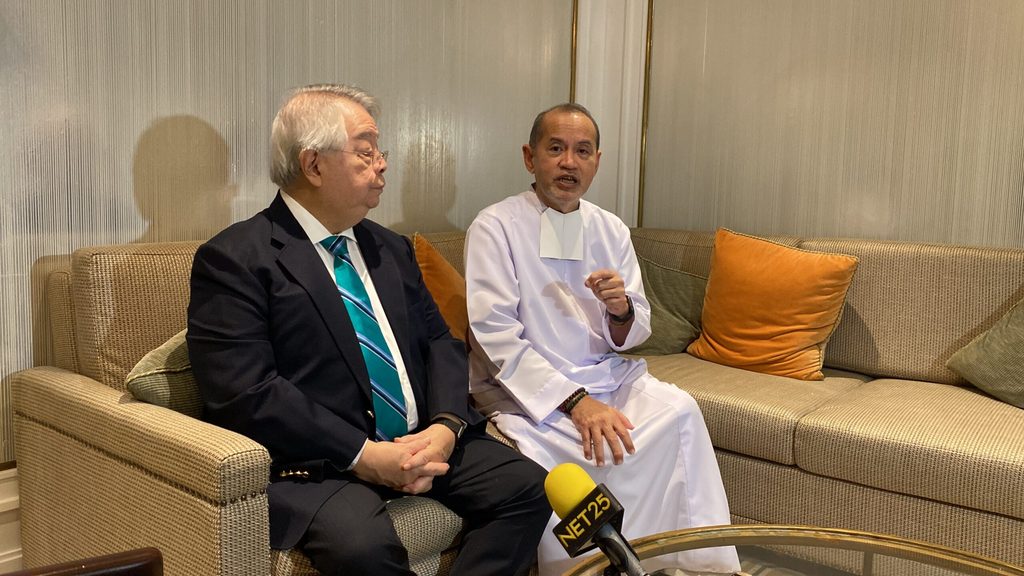
Time for business to do its part
For Patrick Aure, director of the PDCBS, it’s time for business to go beyond merely making as much money as possible. This shift has to start with the way business is taught to students who could one day become the country’s next leaders.
“When I was an undergrad, puro (it’s all about) profit maximization,” Aure told Rappler. “But there’s already a paradigm shift that top business people in the industry are recognizing business is not just for profit. More importantly, it is for society.”
Aure said that a business aiming to do good has to go beyond corporate social responsibility (CSR) programs that can just be “dispensable.” Instead, Aure emphasized that doing good has to be embedded in the business model. A good example is how some social enterprises “co-create” products with a community instead of pumping out products to replace them. (READ: 5 fashion social enterprises empowering indigenous communities)
“‘Yung mga examples of indigenous products that are being marketed in the mainstream market, ‘yun ‘yung mga opportunities na the business co-creates with the community, instead na nilalamon lang ng whatever mass-produced products we have,” Aure told Rappler.
(Those examples of indigenous products that are being marketed in the mainstream market are opportunities for the business to co-create with the community, rather than the community being eaten up by whatever mass-produced products we have.)
Aure also believes there are “difficult conversations” to be had with businesses in industries that are inherently destructive, like mining. This can center around how to minimize the harm from externalities, which are costs borne by society rather than the business.
For instance, Aure said we should ask: If something is bad for the environment, can we stop doing it and think of another innovative business model? If the business is already existing, the next question is: How do we reduce harm?
“It will be a long cycle. It’s a very difficult conversation. But I’d like to focus my efforts on more innovative business models. When there are business models that are being formed together with communities, you can disrupt industries,” Aure told Rappler. – Rappler.com
Add a comment
How does this make you feel?
![[Good Business] Redefining success, guided by values](https://www.rappler.com/tachyon/2024/06/TL-Philippines-business-La-Salle-june-12-2024.jpg?resize=257%2C257&crop=290px%2C0px%2C720px%2C720px)

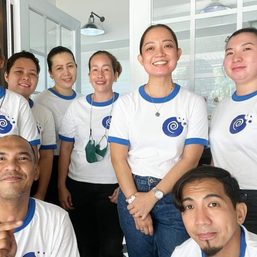
![[Vantage Point] Why are more ‘frentrepreneurs’ betting on franchising?](https://www.rappler.com/tachyon/2022/10/Why-are-more-%E2%80%98Frentrepreneurs-betting-on-franchising.jpg?resize=257%2C257&crop=142px%2C0px%2C900px%2C900px)


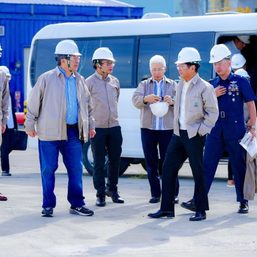
![[Vantage Point] Where does Tessie Sy-Coson’s allegiance lie?](https://www.rappler.com/tachyon/2023/12/Vantage-Point-china-ph-conflict-December-20-2023.jpg?resize=257%2C257&crop_strategy=attention)
![[Good Business] Coalition of the willing](https://www.rappler.com/tachyon/2024/07/TL-Coalition-of-the-willing.jpg?resize=257%2C257&crop=423px%2C0px%2C1080px%2C1080px)
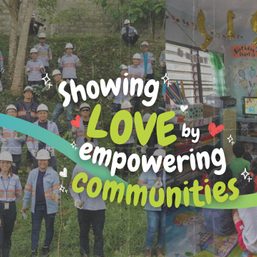
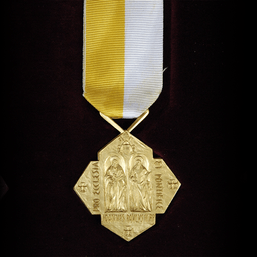
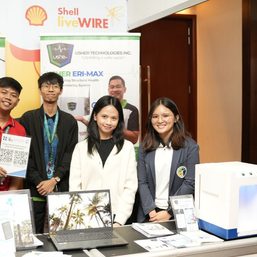
There are no comments yet. Add your comment to start the conversation.